“Anyone who stops learning is old, whether at twenty or eighty. Anyone who keeps learning stays young.”
― Henry Ford
Learning how to learn is a very important skill to acquire.
It can have an enormous impact on your life.
However, somehow nobody teaches it at schools.
Most of you use cramming, but this way you memorize stuff only for a short period of time and in the long run you don’t remember anything you’ve studied before.
If you know how the learning process works, you can study more efficiently and remember what you’ve learned for a long time.
We are constantly studying new things, and learning anything faster can give you a competitive advantage in an ever-changing World.
Tip #1 Prepare
“By failing to prepare, you are preparing to fail.” — Benjamin Franklin
Prepare for the learning process. You should spend a decent amount of time figuring out the meta learning behind what you are actually going to learn.
Before starting any learning projects, answer these questions:
WHY– Why do I want to learn this particular skill?
WHAT–What concepts and facts do you need to learn?
HOW — How are you going to learn the skill?
Once you answer these questions, make a detailed plan of your learning journey.
You can learn almost anything — you just need to make the right plan and make an effort.
Tip #2 Focus
Only focus on one thing at a time. Multitasking is a myth. Doing two things at a time is unproductive and inefficient. For example, watching TV while learning math is a bad idea. The information just won’t stick in your head.
You should be fully focused on the thing you are learning. This way, your brain learns a lot better. If you have difficulty starting something, or you lack motivation to start, use the 5-minute rule. Convince yourself to do something for 5 minutes, and then you can stop. Most likely, you will continue doing the task once you’ve started.
Tip #3 Immersion
The idea is to immerse yourself into the environment where you are actually going to use the skill.
In his book, Ultralearning, the author Scott H. Young describes his journey learning languages. He spent every three months in a new country, where he only spoke the native language of that country. He never used English once, and after three months he was fluent in every language he was trying to learn.
Tip #4 Active Recall
The idea is that you learn better by actively trying to recall the information you are trying to learn.
Test your knowledge every time you are learning something new. You need to give your brain a chance to work, to retrieve the information.
Test yourself to remember the thing you are learning :
- one hour later
- the next day
- the next week
- the next month
This way, the information will be firmly settled in your head. When you cram, the information will stay in your short term memory and if you use active recalling it will stay in your long term memory.
Tip #5 Feedback
Get feedback as often and as quickly as possible. This way you will learn faster, since you will be pointed to mistakes you make.
Getting feedback on your actions is always a good idea, but at the beginning of your learning journey, it can be a massive blow to your ego. If you are just starting, getting negative feedback can discourage you from continuing your learning journey. Hence, it’s important to get praise and encouragement at the beginning. Later on, constructive and critical feedback will be very helpful to make your learning process more efficient.
Final Thoughts
It is never to learn a new skill. The best careers require complex skills — and they are unlikely to be obtained by accident. You can change your destiny through enhanced self-education.
Therefore,
- prepare a detailed plan for your learning journey,
- focus on learning one thing at a time,
- immerse yourself into learning environment,
- actively test your knowledge
- find someone, who can give you constructive feedback







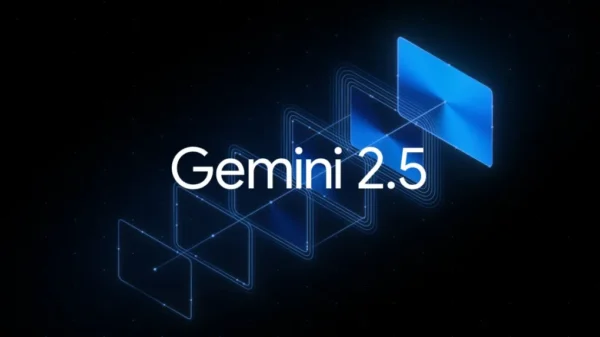


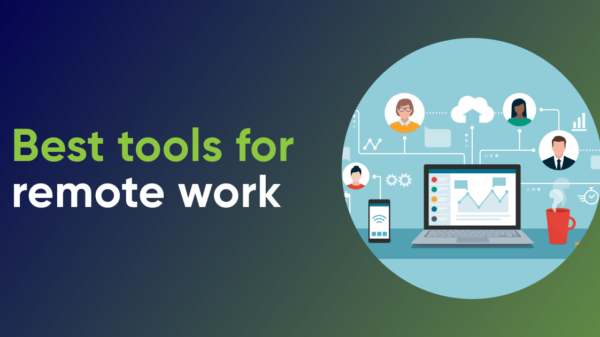
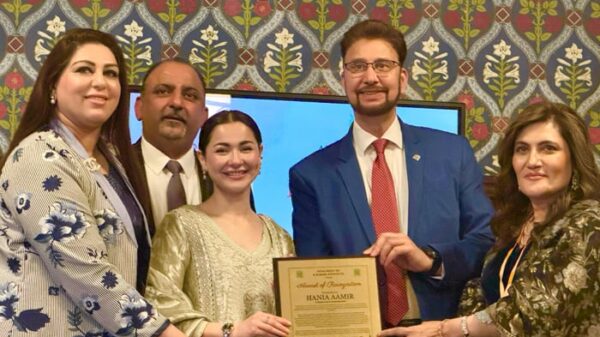

































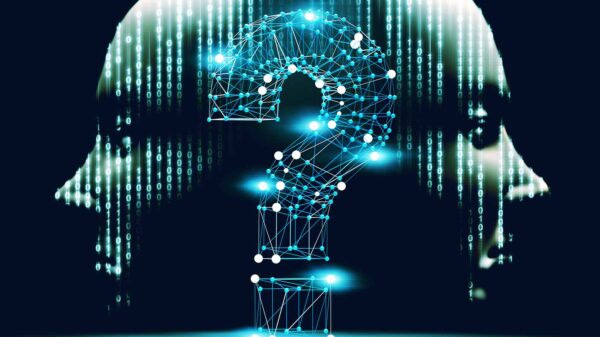
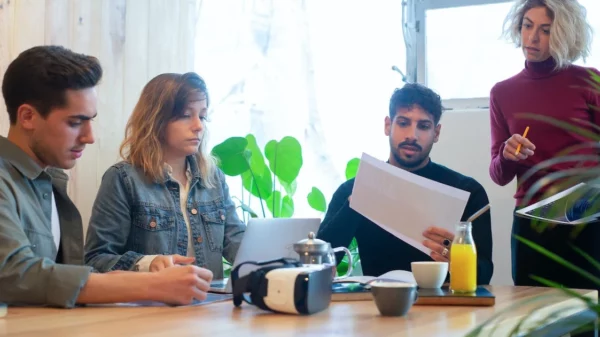

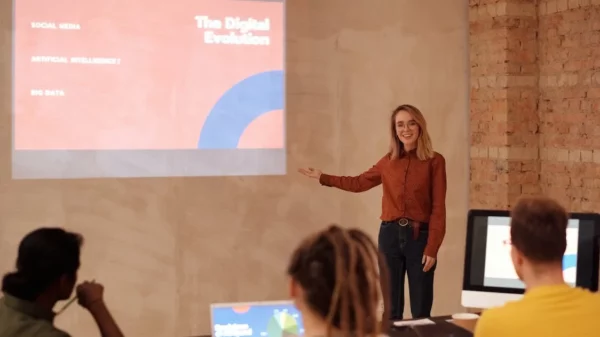





You must be logged in to post a comment Login